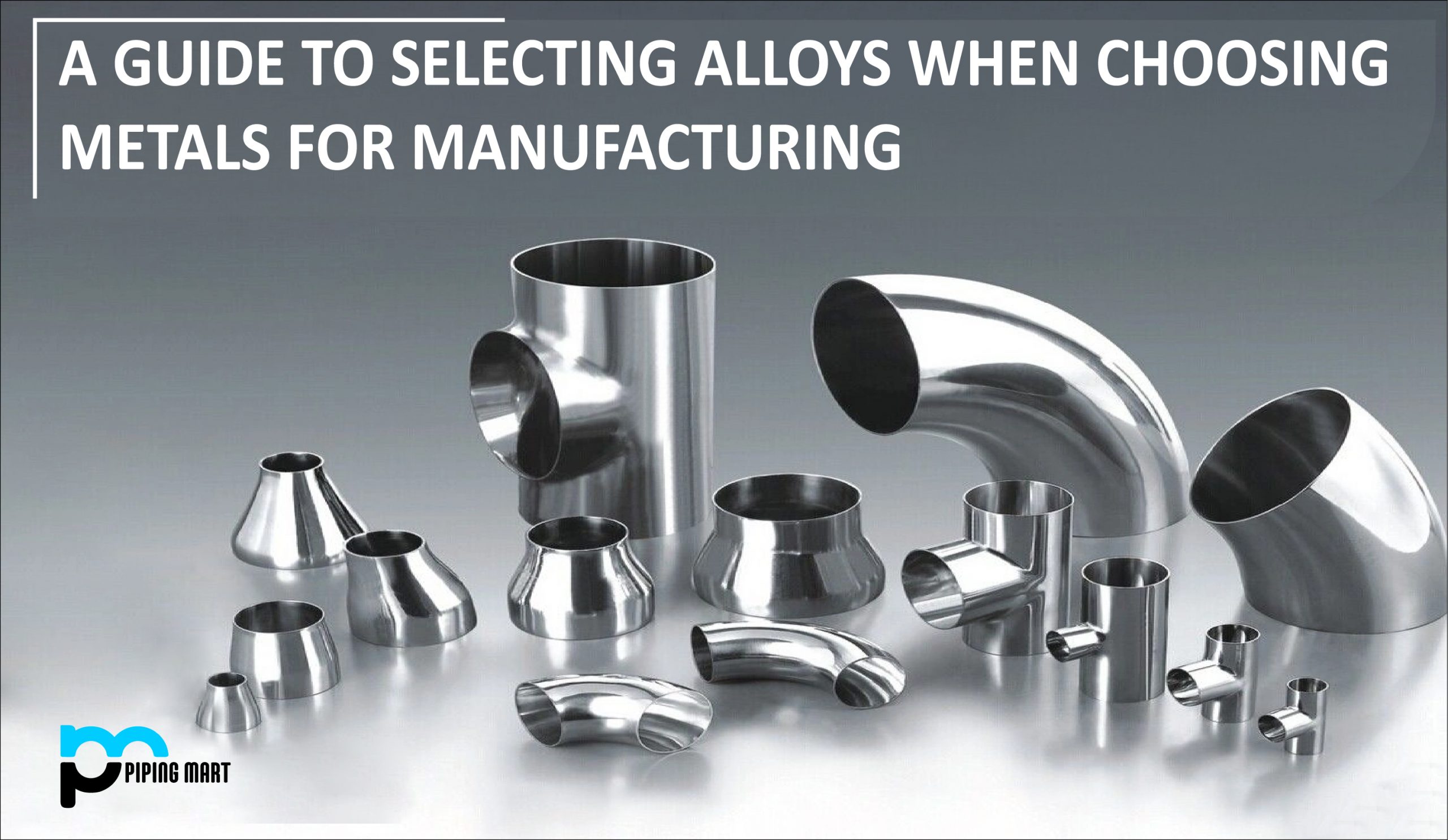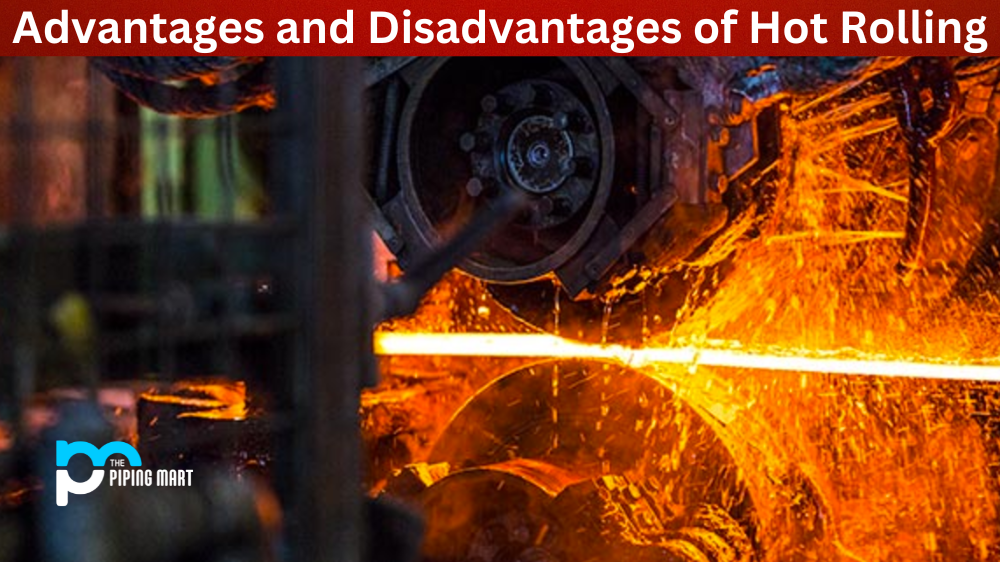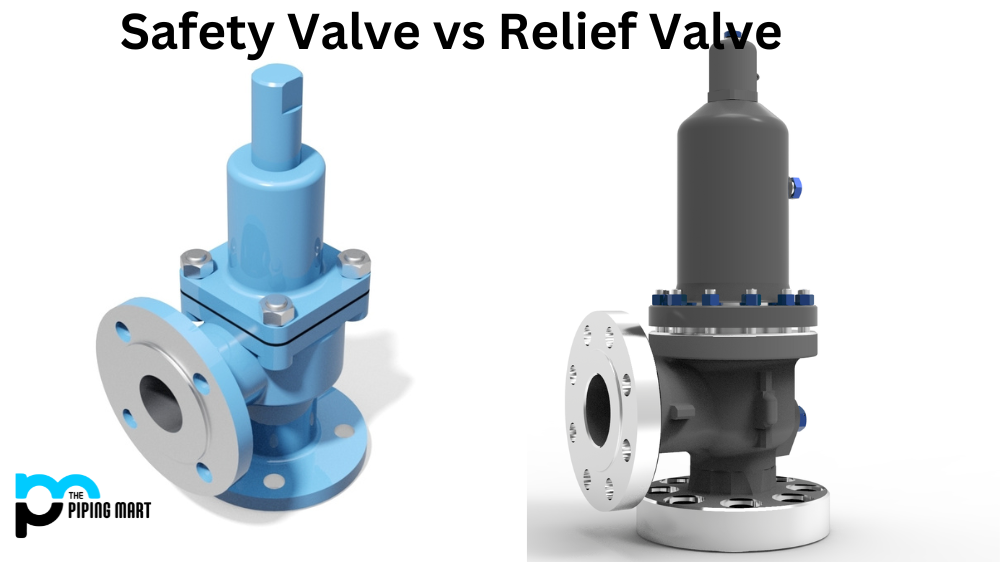To help you find the right balance between all common aspects, we aim to help you choose the alloy that best fits your production process, application needs, and purchasing requirements. When choosing an alloy for your product, manufacturers understand that each metal alloy has distinct characteristics that must be weighed against one another.
Here are the main factors to consider when selecting an alloy for your product.
- Physical-Mechanical Properties.
- Pricing.
- Manufacturing.
- Properties of surfaces.
Physical-Mechanical Properties:
There are so many aspects to consider when determining which alloy is right for your application. If your application involves exposure to water, a corrosion-resistant alloy would be one to consider. Depending on the application, thermal, electrical, and magnetic properties may be of considerable importance. If the end-use of a product is in the aerospace field, then it may be worthwhile to study how the alloy operates at high and low temperatures, so a Nickel alloy may be the best choice.
One thing to always keep in mind is that the mechanical properties of an alloy are affected by both the content and the processing method, Strength (tensile and yield strength), ductility, hardness, and toughness are all considered as a part of mechanical properties. Certain applications are enhanced by a harder alloy, while others may require a softer alloy because of the need for forming.
Pricing:
This is often a serious obstacle in the alloy choosing process. However, within the realm of pricing, it is critical to explain why items are priced the way they are. Varying alloys have different elemental contents, are handled in different ways, and must be processed differently. Is it worth it? If that alloy may be less in price as raw material but the life-long durability is just one-third of an alternate choice. The more the material quality pricing the more the quality durability in the long run. Therefore costing or pricing is an important factor to be considered.
Manufacturing:
We need to consider the suitable fabrication decision while manufacturing and producing this product You may need to have your part deep drawn, and 304 stainless steel has a high nickel content, so that might be a better choice. If the part needs to be stretched or welded, we will recommend an appropriate alloy, such as 316L stainless steel in strip form or wire form. Following the welding process, 316L has resistance to inter-granular corrosion.
Surface Finish and Properties:
In this category, a large number of different qualities are incorporated, all of which are important in selecting an alloy that is appropriate for your process and part. Different end applications for an item may require different surface attributes such as appearance, abrasion, and coatings.
A successful end product requires the right alloy, and when selecting a metal to use, it is important to consider all six factors. Of course, certain applications will value fabrication and mechanical properties more than others, whereas others might value cost and service more.

Pipingmart is B2B portal specializes in industrial, metal and piping products. Also, share latest information and news related to products, materials and different types grades to help business dealing in this industry.




